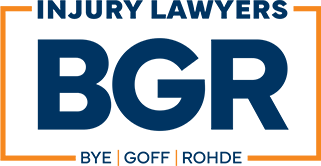Understanding who can file a wrongful death lawsuit is vital for families seeking justice after losing a loved one due to negligence. This guide outlines the legal definition, eligible parties, and procedures to help navigate the complexities of filing such a claim.
Legal Definition of Wrongful Death
Understanding Wrongful Death
Wrongful death occurs when someone dies due to another's negligence or misconduct, such as in medical malpractice or fatal accidents. For example, a reckless driver causing a fatal crash can lead to a wrongful death claim. Grasping these nuances is essential for anyone considering legal action.
Statutory Framework
Wrongful death laws differ by state, affecting who can file and the recoverable damages. In Wisconsin, specific guidelines dictate eligibility and time limits for filing claims. Consulting a knowledgeable attorney is crucial to navigating these complex state-specific statutes effectively.
Eligible Parties to File a Wrongful Death Lawsuit
Immediate Family Members
Typically, immediate family members like spouses, children, and parents have the right to file a wrongful death lawsuit. These individuals can seek compensation for losses like companionship or parental guidance. Understanding these rights ensures the appropriate parties partake in the legal process.
Extended Family and Dependents
Under certain conditions, extended family or dependents, such as siblings or grandparents, may file a claim, especially if they are financially reliant on the deceased. Recognizing these conditions helps ensure all eligible parties are considered in the lawsuit.
Legal Procedures and Requirements
Filing Deadlines (Statute of Limitations)
Meeting the statute of limitations is critical, as deadlines vary by state and can affect the ability to file. In Wisconsin, the limit is generally three years, with some exceptions. Acting promptly ensures the right to seek compensation is preserved.
Jurisdiction and Venue
Choosing the right jurisdiction and venue, typically based on incident location or residency, is crucial. This decision affects the legal setting and outcome of the case. An experienced attorney can guide you through these jurisdictional complexities.
Compensation and Damages
Types of Damages
Damages in wrongful death cases include economic losses like medical bills and non-economic losses such as emotional distress. Understanding these categories helps accurately assess a claim's value and ensures fair compensation for survivors.
Calculating Damages
Calculating damages involves factors like the deceased's age and earning capacity, requiring expert analysis. An attorney can help ensure the compensation reflects the true extent of the loss, taking into account both economic and non-economic impacts.
Legal Representation and Resources
Legal Aid and Support Services
Families can access legal aid and support groups for assistance. These resources offer both financial aid and emotional support, easing the burden during the legal process. Knowing where to find these resources can significantly impact the experience.
Choosing the Right Attorney
Selecting an experienced attorney with a strong track record in wrongful death cases is crucial. Consider their experience, approach, and client testimonials to ensure effective guidance through the lawsuit's complexities.
Wrongful Death Lawyers in River Falls, WI
If you've lost a loved one due to another's negligence, understanding your rights is essential. At Bye, Goff & Rohde, we offer compassionate expertise in wrongful death cases, helping families in River Falls, WI, navigate this challenging time. Contact us today at (715) 202-5699 for a free consultation and secure the justice your loved one deserves.



.2411200905266.jpg)